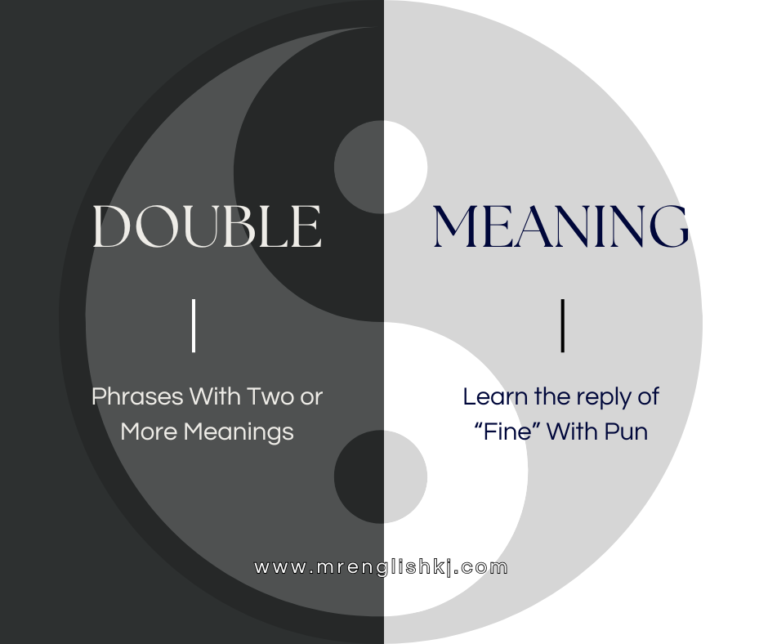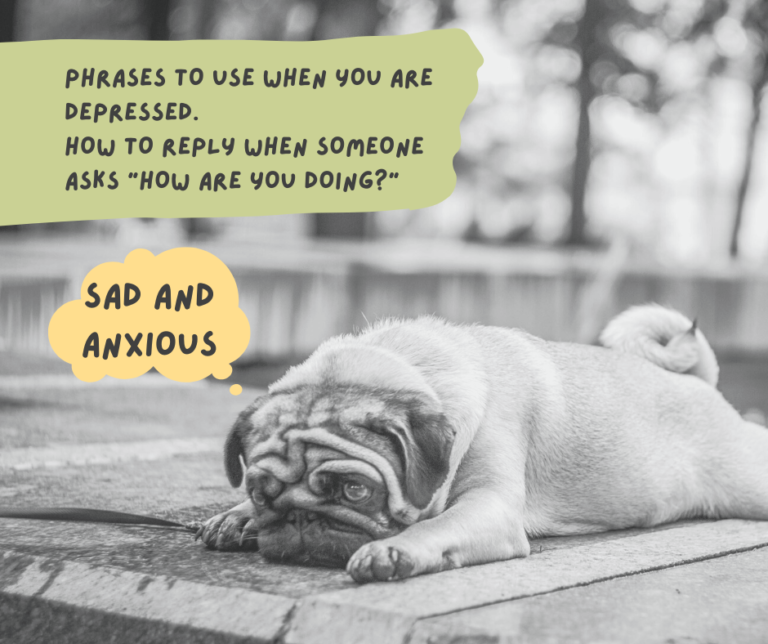Preposition
What is a Preposition? = A preposition is a link to show a relationship in place, time, person, thing, direction, movement, or action. It is used to connect nouns, pronouns, noun clauses, or noun phrases to other words in the sentence. Prepositions are usually short words and put before nouns or sometimes gerund verbs. I will explain it to you in a simple way. Let’s take a look!
- One thing we know that every name has its meaning. Every word has its definition, so why not this one as well. Let’s breakdown a Prepostion!
- It is commonly made of 2 words Pre + Position that indicates 2 things. “Pre” means before. “Position” means a point of someone, something, or somewhere.
- Definition = Let’s combine 2 things! A preposition comes before a noun and it shows a position of place, time, direction, space, movement, action, person, or thing, etc.
- ” PrePosition Comes Before Noun and Tells Position of Noun”
– List of Prepositions = At, on, in, to, from, for, of, by, with, besides, beside, backward, forward, up, down, toward, between, among, out, outside, inside, into, on to, along, till, until, since, during, above, below, under, over, beyond, except, via, around, before, after, as, against, off, within, without, past, behind, near, far, than, despite, in front of, during, about, throughout, through, following, like, versus, upon, beneath, underneath, unlike, in spite of, instead of, except for, such as, near to, on top of, due to, as well as, as for, ahead of, because of, out of, in addition to, etc.
Types of Prepositions
- Preposition of Time = It comes before a noun and describes the position of time or duration. It tells us ‘When.’
– For Example =
1. I will visit at night.
2. They have known me since birth.
3. He came before me.
4. I was born in 2000.
5. We went to a picnic on 12 August 2020.
- Preposition of Place = It comes before the noun and describes the position of the place, location, or direction. It tells us ‘Where / Which Direction.’
– For Example =
1. I only sleep at home.
2. He is in India right now.
3. The phone is on the table.
4. She is standing under the bridge.
5. He is in front of you.
- Preposition of Movement = It comes before the noun and describes the positions of the movement. It tells us ‘Movement to Direction/Place.’
– For Example =
- I am going to a zoo.
- He delivers letters from a post office.
- She is running beside me.
- They were painting over the wall.
- You can come into the room.
- More about Prepositions = Prepositions do not just explain a position of a place, time, and movement, but they have other roles too.
For example:- The bold words inside the parenthesis/bracket are the meaning of the mentioned preposition.
- They are the rulers of the country. (“Of” shows possession between rulers and the country.)
- A key is a device for opening locks. (“For” shows purpose of device.)
- I am with my friends. (“With” shows accompany of I and my friends.)
- Behind every great man is a woman rolling her eyes. (‘Behind’ shows after or back of ‘every great man.’)
- I cook with wine. Sometimes, I even add it to food. (“With” shows the accompany between “wine and cook.” ‘To’ shows directness between “food and add it.”)
- I want to aware you of something about them, come sit next to me. (‘Of’ shows possession between you and something. ‘About’ shows ‘on the subject of’ or ‘information of.’ ‘Next to” means ‘side to’ or ‘beside.’)
Note:- We have usually heard that we should not end a sentence using a preposition, it is gramatically incorrect but that is not true. We can end a sentence with preposition at the end. Sometimes using a preposition at the end makes it even more natuaral rather than not using it. We know, we always use prepositions before noun and pronoun because it is formal, official, and professional.
Let’s take examples = I suggest when you talk use anyways that feels more suitable, but while writing use formal way.
- Whom are you working with? [Grammatically Correct and Natural but Informal – Comparing to – “With Whom are you working?” Grammatically Correct and Formal but Unnatural]
- You have nothing to run from. [Grammatically Correct and Natural but Informal – Comparing to – “You have nothing to run from whomever you are.” Grammatically Correct and Formal but Unnatural]
- There is no one else to hide behind. [Grammatically Correct and Natural but Informal – Comparing to – “There is no one else behind to whom to hide.” Grammatically Correct and Formal but Unnatural]
Note:- Unnecessery Preposition = One of the most common mistakes in preposition is that we sometimes use unnecessery preposition or extra prepositon. We should be careful on that. Let’s look at it!
— e.g. =
- He jumps up over the car. [‘Up’ is unnecessary because ‘Over’ means “at a higher level as a layer.” – Correct One – He jumps over the car.]
- Where is your sister at? [‘At’ is unnecessary because ‘Where’ serves the purpose already.]
Preposition or Conjunction?
Some prepositions are conjunctions as well, so we need to know the difference. When we use a preposition that is followed by a clause, it is functioning as conjunction; when we use a preposition that is followed by a noun phrase, it stays as a preposition.
Note = A clause is like a whole sentence and a phrase is like words together but it is not a sentence on their own.
— Look! =
- I have seen a bad dream. (Part of a Clause)
- Dreaming badly (Phrase) [It is not a proper sentence just some words together.]
— For example the most common are – during, except, after, as, before, instead of, since, until, till, because of, in spite of, unlike, despite…
- After I had scored the best, I texted to my mother. (conjunction) [‘To’ is unnecessery but choice is yours to use it or not]
- After scoring last night, I texted my mother. (preposition)
- We’ll just have to wait until they decide what to do. (conjunction)
- Okay, we’ll wait here until six o’clock. (preposition)
- I have stayed here despite you behave badly. (Conjuction)
- I have stayed here despite your bad behaviour. (Preposition)
Preposition or Adverb?
There are some prepositions that are also adverbs. A preposition comes with a noun but an adverb describes a verb, adjective, or another adverb. An adverb doesn’t come with a noun.
— These include:- about, across, around, before, beyond, in, inside, near, opposite, outside, past, round, through, under, up, within…
- For example =
- He is standing near the pub. (preposition)
- He is near. (adverb = Question – Where is he? Answer – Near.)
- The office is opposite the National Science Lab. (preposition)
- It’s over there, just opposite. (adverb = Question – How far am I from there?) [“Over is a preposition here.”]
Preposition Phrase
- Prepositions also combine with a noun, adjective, or verb. We call them prepositional phrases. They are a combination of a verb, noun, or adjective with prepositions. There are so many prepositional phrases
For Examples:- arrive at, angry at, good at, responsible for, bad at, sorry for, married to, scared of, insist on, crazy about, suffer from, smile at, go to, terrible at, concentrate on, admitted to, relate to, excel at, provide for, believe in, search for, knowledge of, meet with, agree with, age at, retired from, wonderful at, apologize for, trouble with, begin with, live in, result in, attempt at, dream of, heard of, consist of, inquiry into, excited about, cause of, put down, put off, increase in, etc.
Always Learn MORE


